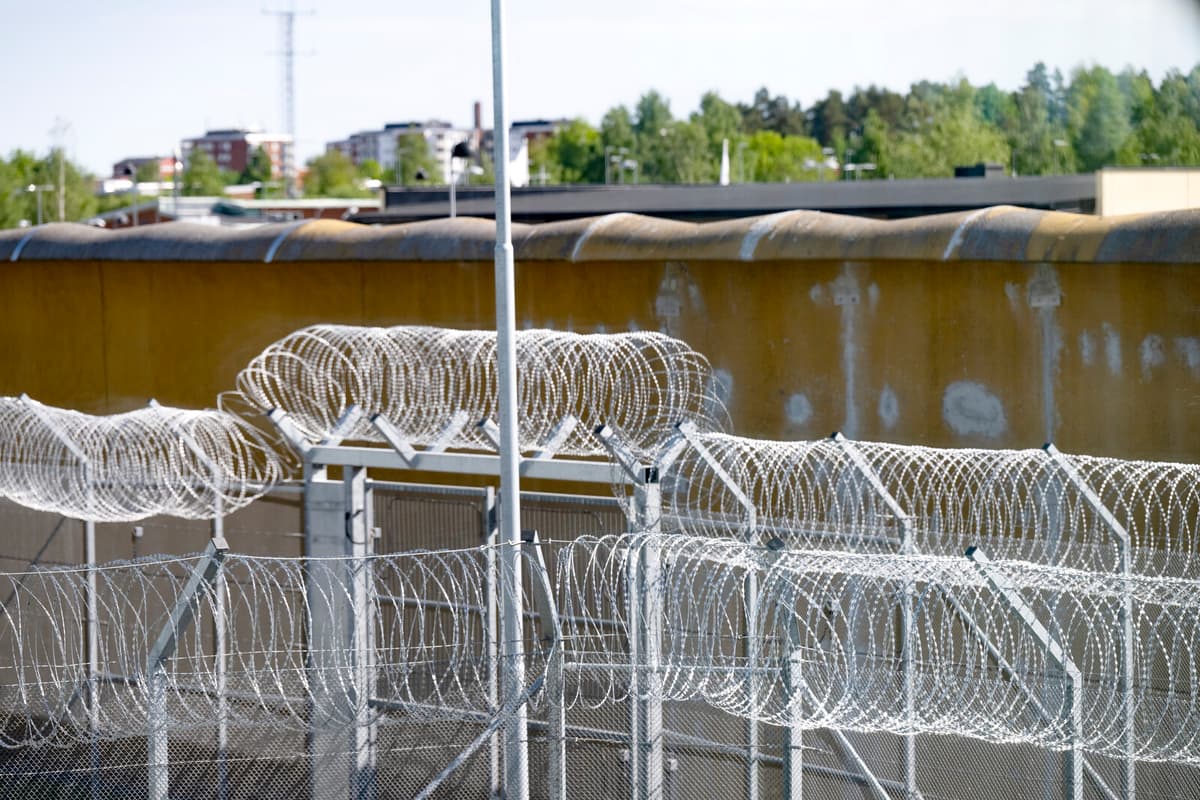The 37-year-old serial rapist was sentenced to five years in prison in 2021 for a series of rapes and sexual assaults. At his home near Nytorget in Stockholm, he filmed assaults on seemingly sleeping or unconscious women.
He was conditionally released in March despite misconduct and a high risk of reoffending.
This week, he was arrested on suspicion of a new rape in Skåne, according to several media outlets.
The information highlights two proposals in the inquiry into repeat offenders, whose deadline expired on Tuesday: stricter rules for conditional release and so-called security sentences.
Indeterminate Sentence
The investigator, Justice Councilor Stefan Reimer, proposes that conditional release be granted only when there are special reasons and at the earliest after three-quarters of the sentence.
The security sentence involves imprisonment for an indeterminate period and is intended for those who have committed serious violent or sexual offenses and reoffend, or have a "significant" risk of reoffending.
The purpose is to protect society in cases where life imprisonment cannot be considered.
The profile is, for example, serial rapists, says Reimer, who does not want to comment on the individual case.
The sentence, he says, would be a departure from the fundamental principle of criminal law that a punishment, measured in terms of a fixed prison sentence or fines, should be proportionate to the severity of the crime.
"Alien"
Today, there are two exceptions: life imprisonment and forensic psychiatric care with special release review.
Magnus Ulväng, professor of criminal law at Uppsala University, calls the proposal "alien" but not unthinkable – as a third exception for a small category of offenders.
Pyromaniacs, pedophiles, serial rapists, psychopaths: people whose drive is to commit that type of crime. Who are not interested in treatment and where it is clear that they will reoffend.
The difficulty, he says, is determining who they are.
The security sentence was abolished in 1981, partly because it was considered unsafe. Reintroducing something similar is risky, according to Andreas Anderberg, lecturer in criminal law at the University of Gothenburg.
I understand why they're doing it, but I'm afraid it will be used more extensively than necessary. It's very difficult to make predictions about future criminality. Building a sentence on that type of prediction is not really safe.
Security sentences are proposed to be imposed on those:
who have previously been sentenced to at least four years in prison for crimes against life, health, freedom, or peace and have subsequently reoffended in similarly serious criminality
or who are sentenced to at least six years in prison for repeated crimes against life, health, freedom, or peace that are collectively extremely serious
and who have a significant risk of reoffending.
When a security sentence is imposed, the maximum sentence shall be set at a minimum of 10 years and a maximum of 18 years or a maximum of 24 years if life imprisonment is possible for the crime.
The minimum sentence shall correspond to the length of the sentence that would have been imposed if the punishment had been a regular prison sentence.
The prosecutor may request an extension of the maximum sentence by up to three years at a time.
Security sentences may not be imposed on those under 18 years of age.
Source: SOU 2024:48






